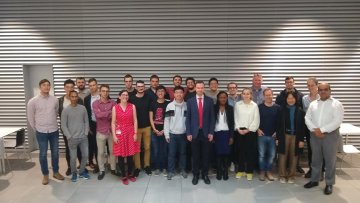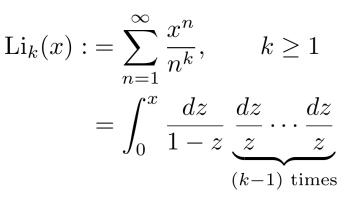Complete Complexes and Spectral Sequences (COW Seminar)
Abstract
The space of complete collineations is an important and beautiful chapter of algebraic geometry, which has its origins in the classical works of Chasles, Schubert and many others, dating back to the 19th century. It provides a 'wonderful compactification' (i.e. smooth with normal crossings boundary) of the space of full-rank maps between two (fixed) vector spaces. More recently, the space of complete collineations has been studied intensively and has been used to derive groundbreaking results in diverse areas of mathematics. One such striking example is L. Lafforgue's compactification of the stack of Drinfeld's shtukas, which he subsequently used to prove the Langlands correspondence for the general linear group.
In joint work with M. Kapranov, we look at these classical spaces from a modern perspective: a complete collineation is simply a spectral sequence of two-term complexes of vector spaces. We develop a theory involving more full-fledged (simply graded) spectral sequences with arbitrarily many terms. We prove that the set of such spectral sequences has the structure of a smooth projective variety, the 'variety of complete complexes', which provides a desingularization, with normal crossings boundary, of the 'Buchsbaum-Eisenbud variety of complexes', i.e. a 'wonderful compactification' of the union of its maximal strata.



